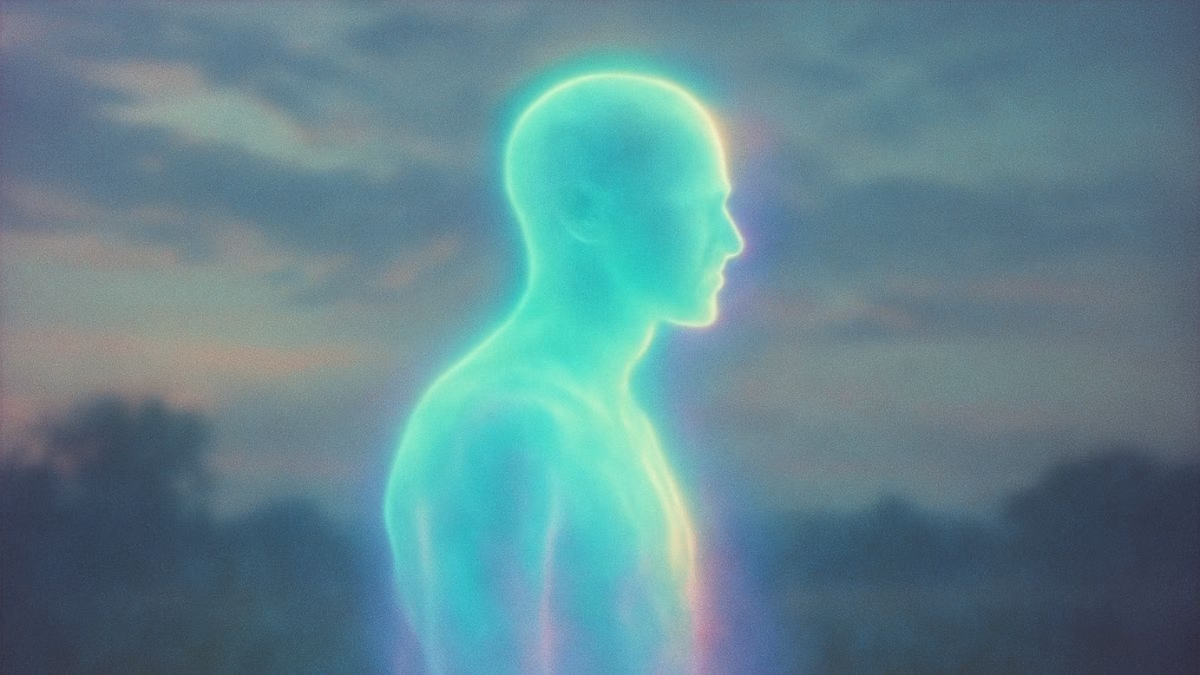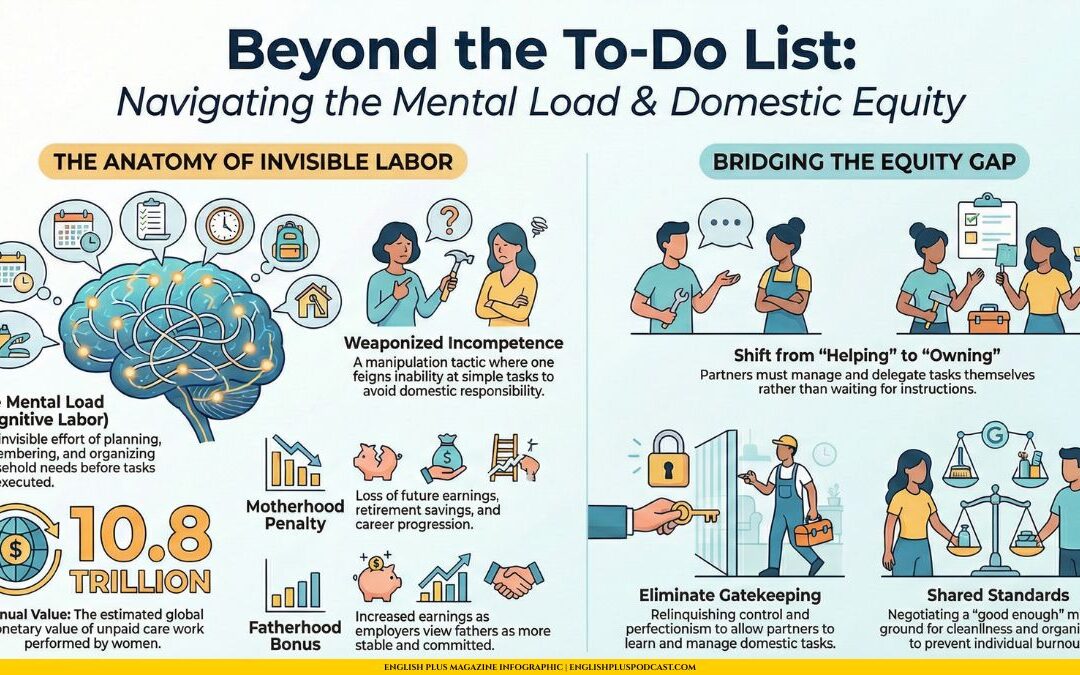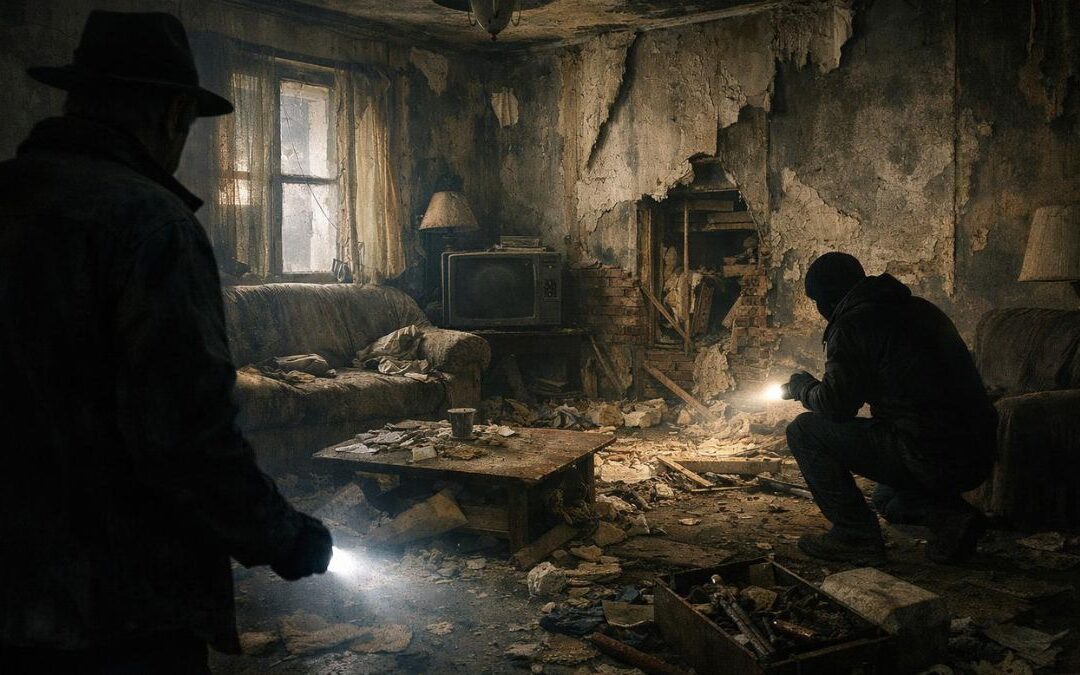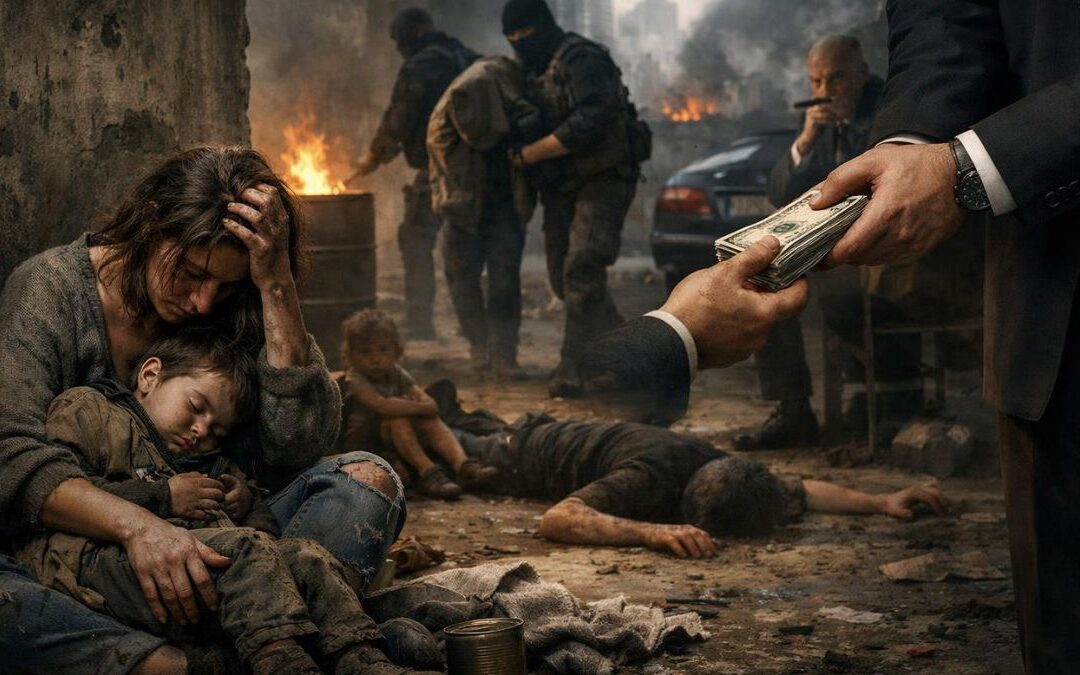Have You Ever Met a Ghost?
Have you ever met the ghost of one of your former opinions? It doesn’t happen in a haunted house or a dark alley. It happens on a Tuesday afternoon. You’re listening to a friend, or reading a book, or watching a movie, and someone says something that your younger self would have instantly, passionately, viciously torn apart. But you, the you of today, you just nod. You understand. A quiet chill runs through you. In that moment, the ghost of who you used to be is standing right behind you, screaming in protest, and you have to gently turn to it and say, “Shhh. We don’t believe that anymore.” This is a story about one of those ghosts. It’s about the messy, terrifying, and ultimately beautiful process of changing your mind.
The Fortress I Called a Personality
For most of my late teens and early twenties, I was a devout believer in the gospel of emotional stoicism. I believed, with the fervor of a zealot, that vulnerability was a weakness. It was a bug in the human software, a design flaw to be patched with cynicism and a well-timed sarcastic remark. My entire personality was a carefully constructed fortress. The walls were high, the moat was filled with irony, and the guards on the ramparts were trained to shoot any approaching, genuine emotion on sight. On the outside, I projected an image of being unshakable, the person who had it all together, the calm eye of any storm. On the inside, of course, the fortress was a prison. But it felt safe.
Why Stoicism Seemed Like the Only Answer
This belief wasn’t born in a vacuum. It was a shield forged in the fires of adolescent awkwardness and early adult anxieties. Life felt like a chaotic, unpredictable ocean, and my stoicism was a lifeboat. If you don’t let anyone see what hurts you, they can’t use it against you. If you don’t admit you’re struggling, you can pretend you’re not. If you never, ever ask for help, you never have to be indebted to anyone. It seemed like such a sound, logical strategy for survival. I looked at people who wore their hearts on their sleeves as naive, reckless fools, broadcasting their weaknesses for the whole world to exploit. I was the smart one, the strategist, the one who would never be a victim because I never admitted to being wounded. My emotional range was basically “fine” and “tired.” A real conversational dynamo, I know.
The First, Tiny Cracks in the Armor
You can’t live in a fortress forever. People can’t get in, but you also can’t get out. The cracks didn’t appear with one big earthquake; they were a series of tiny, hairline fractures. It was watching a friend break down and be held, literally and figuratively, by other friends, and feeling a pang of something I could only describe as… envy. It was a relationship that withered and died because I couldn’t articulate what I needed, because I myself didn’t believe I should need anything. It was the profound emptiness that followed a professional success because there was no one I could share the real, messy, terrifying journey to that success with. My shield was working perfectly. It was deflecting everything. Unfortunately, “everything” included joy, intimacy, and genuine connection.
The Moment the Walls Began to Crumble
The biggest fracture happened during a project I was pouring my soul into. It failed. Not spectacularly, but in a quiet, deflating way. The old me would have armored up, cracked a joke about it, and immediately started on the next thing, never admitting it stung. But this time, I was too tired to lift the shield. A close friend asked me how I was doing, and for the first time, I didn’t say “I’m fine.” I said, “I’m gutted. I really thought this was it, and I feel like a complete failure.” I braced for judgment, for pity, for the awkward pat on the back. Instead, my friend just looked at me and said, “I know. I’ve been there. It sucks so much.” And then they shared a story of their own failure. In that moment, my failure wasn’t a source of shame. It was a bridge. My admission of weakness didn’t push them away; it pulled them closer. The fortress wall didn’t just crack; a whole section of it collapsed into the moat.
The Awkward, Clumsy Dance of Opening Up
Let me be clear: this was not a Hollywood movie moment where the music swells and I’m instantly transformed. The process of dismantling the rest of the fortress was… clumsy. It was awkward. Learning to be vulnerable after years of stoicism feels like trying to write with your non-dominant hand. The first few attempts are just illegible scribbles. You overshare with the wrong person. You undershare with the right one. You try to express an emotion and it comes out as a weird, garbled mess. You feel exposed, raw, and deeply uncomfortable, like you’re walking around outside without any skin on. Every instinct screams, “Retreat! Back to the fortress! Pull up the drawbridge!” And sometimes, I did.
What Is Strength, Really?
This clumsy, painful process forced me to ask a deeper question: What is strength? My old definition was about enduring pain silently. It was about being a rock, an island, impervious and self-sufficient. But a rock can’t grow. An island can’t travel. I started to see that maybe real strength wasn’t the ability to not get knocked down, but the courage to admit when you have. Maybe it wasn’t about building impenetrable walls, but about having the confidence to live without them. True strength, I began to suspect, was the willingness to be seen, in all your glorious, complicated, messy humanity. It’s the person who can say “I don’t know,” or “I need help,” or “I was wrong,” who holds the real power.
Having Coffee with My Own Ghost
Now, years later, when I meet that ghost of my former self, I don’t feel anger or shame. I feel a strange and tender compassion. I want to sit down with that scared, cynical kid and tell him, “Hey. I get it. You were just trying to protect yourself. You built the best fortress you could with the tools you had. But you don’t need it anymore. It’s safe to come out.” I recognize that his belief wasn’t a character flaw; it was a survival strategy. And honoring that, understanding the root of the old belief, is the key to letting it go without judgment. We are all just doing our best, and sometimes our best is a flawed but necessary defense mechanism.
Our Beliefs Are Not Cages; They Are Keys
Here’s the thing about changing your mind. We often treat our opinions and beliefs as integral parts of our identity, as if they are tattooed on our souls. To question a belief feels like questioning our very existence. We think, “If I’m not the guy who believes X, then who am I?” This makes us cling to our beliefs long after they’ve stopped serving us. But what if our beliefs aren’t who we are? What if they are just tools we use to navigate the world? What if they are keys we’ve forged to open certain doors? Sometimes, you come to a new door and realize your old key doesn’t fit. The brave thing, the wise thing, isn’t to keep jamming the old key into the lock. It’s to have the humility to admit it’s time to forge a new one.
The Quiet Courage of an Eraser
The world lionizes conviction. We celebrate people who stand by their principles, who never waver. And that can be a good thing. But we don’t talk enough about the quiet, unglamorous courage of changing your mind. It doesn’t get headlines. It doesn’t win elections. It’s a deeply personal, often invisible act of intellectual and emotional bravery. It’s the courage to look at a piece of your own worldview, a piece that has defined you for years, and say, “This is no longer true.” It’s the courage of the eraser, the willingness to scrub out a line you once wrote with such certainty, to make space for a better, more honest sentence. It is, I think, one of the most essential skills for a meaningful life. To allow yourself to evolve. To give yourself permission to grow.
We Are All Works in Progress
Letting go of that old belief about vulnerability didn’t just change my relationships; it changed everything. It made me a better artist, a more compassionate friend, a more curious human being. It allowed me to live a life that was richer, deeper, and more authentic than I ever could have from behind those fortress walls. I know I still hold beliefs today that my future self will look back on as naive or just plain wrong. I’m sure of it. And that thought no longer terrifies me. It excites me. It means I still have room to grow. It means there is still more to learn. We are not meant to be static monuments to our old opinions. We are living, breathing works in progress, and the willingness to change our minds is the chisel we use to shape ourselves.
So, I’ll ask you the question that started all this. What is a ghost that haunts you? What is a former opinion you now look back on with that strange, complicated mix of a cringe and a deep sense of compassion? Let’s talk about it in the comments. There’s no shame in it. In fact, it might just be the most human thing about us.










0 Comments